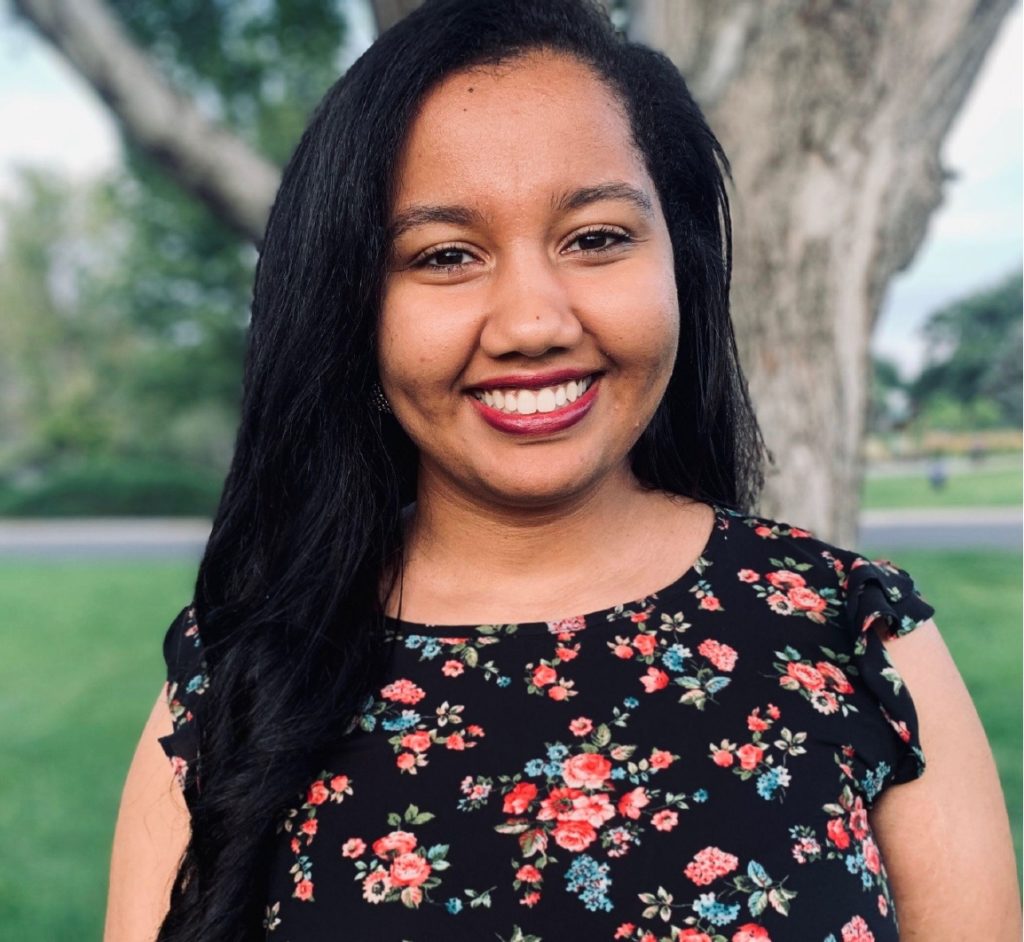
Ruth Berhanu (she/her) is a second year MPH graduate student at Boston University School of Public Health concentrating in Epidemiology and Biostatistics and Maternal and Child Health. Aside from her practice fellowship with the Massachusetts Department of Public Health, Ruth continues to partner with the University of California-Berkeley on the Doula Futures Study, a qualitative research project where she interviewed community doulas across the United States to gain their perspectives on health equity, technology, and the future of doula care. Ruth’s public health interests include perinatal epidemiology, mental health and trauma, and doula care. After graduation, Ruth hopes to work as a perinatal epidemiologist at either the state or federal level and hopes to conduct more community-based participatory research that looks at doula care and birth outcomes!
Within my various roles working in public health and mental healthcare, I have gained valuable insight into the power of invoking personal healing in public health work environments. Professional settings are areas where I constantly find myself and others restrained from showing our authentic selves while experiencing overwhelming workplace trauma, especially if you identify as a person of color. This is why, in Fall 2020, I accepted a practice fellowship from Boston University SPH and chose to partner with the Massachusetts Department of Public Health (MADPH) on the Promoting a Healing-Centered Work Environment project.
The project is an initiative under the Title V Priority 5-Year State Action Plan for Massachusetts. As an MCH fellow, I designed and conducted a healing-centered organizational assessment tool surveying workers across two bureaus within the department. I was able to investigate how shifting from trauma-informed care (the understanding of individual harm) to healing-centered approaches (the understanding of collective harm while experiencing collective healing) impacts the work and well-being of public health practitioners from a racial equity lens. The tool consists of five assessment domains: examining work-related policies and procedures, worker access to resources and social/emotional support, education of racial equity and racism in the workplace, communication and transparency practice in the workplace, and organizational culture and identity. These domains are assessed through one’s self-reflection. After piloting a portion of the assessment this past year, workers were able to voice their attitudes, innovations, and insights on the future of healing-centered work environments at MA DPH.
I sought out the fellowship to not only integrate my interests in both epidemiology and nonprofit maternal and child health service delivery, but also to examine the implications of healing-centered service delivery systems on communities of color.
When healing-centered approaches are not implemented in our work environments, public health workers are distant and disconnected, leaving no room for full collaboration and creativity when designing interventions for vulnerable populations with whom they work.
As a Black woman living in America, I continue to grapple with our understanding of radical healing. There are not many spaces in these systems that I often feel safe enough to heal from trauma. In fact, work environments are often the spaces where Black and brown folks accumulate horrific stories and experiences of microaggressions, gaslighting, and racial trauma. Therefore, I find that the only option to initiate radical healing in the workplace is to interrupt and disrupt the systems that work hard to block it, starting with self-reflection. As I continue to build recommendations for the public health work environment, I hope to extend the use of healing-centered engagement strategies outside of institutions to bridge the historically racist gaps between public health services and the needs of communities of color.

